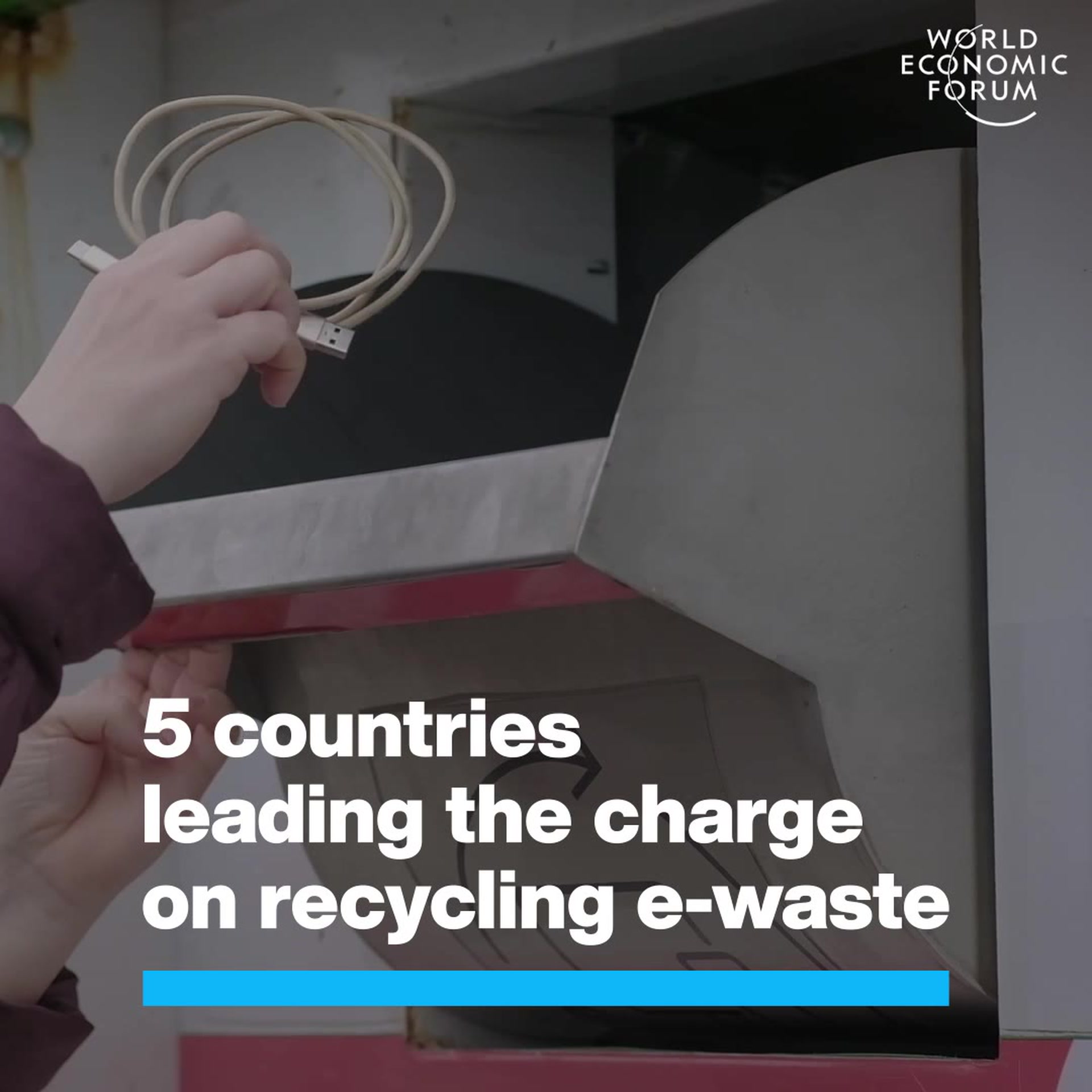Gen Z cares about sustainability more than anyone else – and is starting to make others feel the same

Age of sustainability ... The generation known as 'Z' spans people born between 1995 and 2010. Image: Callum Shaw/Unsplash

Get involved with our crowdsourced digital platform to deliver impact at scale
Stay up to date:
Sustainable Development
- Generation Z cares more about sustainable buying decisions than brand names, a new survey shows.
- This first generation of “digital natives” is inspiring other age groups to act more sustainably.
- The main reasons for consumers not adopting a more eco-friendly lifestyle are a lack of interest because they think it’s too costly or insufficient information.
Generation Z shows the most concern for the planet’s well-being and influences others to make sustainability-first buying decisions, according to new research.
GenZ are people born between the nineties and the noughties – roughly spanning 1995 to 2010 – and three-quarters of them prefer to buy sustainably rather than to go for brand names. That’s according to respondents in a survey of US consumer attitudes on sustainable shopping by First Insight and the Baker Retailing Center at the Wharton School of the University of Pennsylvania.
Labelled the first “digital natives” by McKinsey, but also known as the TikTok generation, most members of Gen Z are now in their mid-20s, are generally tech-savvy and are accustomed to making informed purchasing decisions.
As champions of sustainable consumer practices, Generation Z’s views also influence other age groups to change their buying behaviour.
Across the generational divide, consumers are prepared to spend more on sustainable products now than two years ago, comparisons with data from an earlier survey show.
Spending on sustainable brands and products by Generation X – those born between the mid-1960s and mid-1970s – has increased by 24% since 2019. And the behaviour of other groups has followed a similar trend.
Gen Z’s influence has led to it being labelled “the most disruptive generation ever” by the Bank of America, a CNBC article reports.
Choosing a sustainable lifestyle
In our evermore connected world, consumer awareness is on the rise - including what, how and where we consume. And change is happening.

Saying no to single-use plastics is the most common sustainable lifestyle change among UK consumers, a 2021 survey by Deloitte shows. More than 60% have reduced their use of throwaway plastics.
Almost two-fifths of those surveyed have reduced the number of flights they take, and the same proportion said they are buying fewer new goods.
What is a circular economy?
Just over a third of respondents said they choose brands demonstrating environmentally sustainable practices or values, while 28% have stopped buying from brands with poor ethical or sustainability values.
Obstacles to sustainability
So what’s preventing more people from switching to more sustainable lifestyles?
The main reason for not embracing positive change – given by two-fifths of UK respondents – is a lack of interest, followed by a segment of 16% who said it was too costly, and a further 15% who want more information before considering lifestyle changes.

As the climate crisis continues to impact our lives, awareness of the need to act sustainably is growing among consumers of all ages, albeit at different rates. Brands and retailers who respond to consumer demand to think and act more sustainably will be better placed to succeed in an increasingly uncertain future.
Don't miss any update on this topic
Create a free account and access your personalized content collection with our latest publications and analyses.
License and Republishing
World Economic Forum articles may be republished in accordance with the Creative Commons Attribution-NonCommercial-NoDerivatives 4.0 International Public License, and in accordance with our Terms of Use.
The views expressed in this article are those of the author alone and not the World Economic Forum.
Related topics:
The Agenda Weekly
A weekly update of the most important issues driving the global agenda
You can unsubscribe at any time using the link in our emails. For more details, review our privacy policy.
More on Sustainable DevelopmentSee all
Sreevas Sahasranamam and Vivek Soundararajan
May 3, 2024
Johnny Wood
April 15, 2024
Robin Pomeroy and Sophia Akram
April 10, 2024
Eliane Trindade
April 4, 2024









